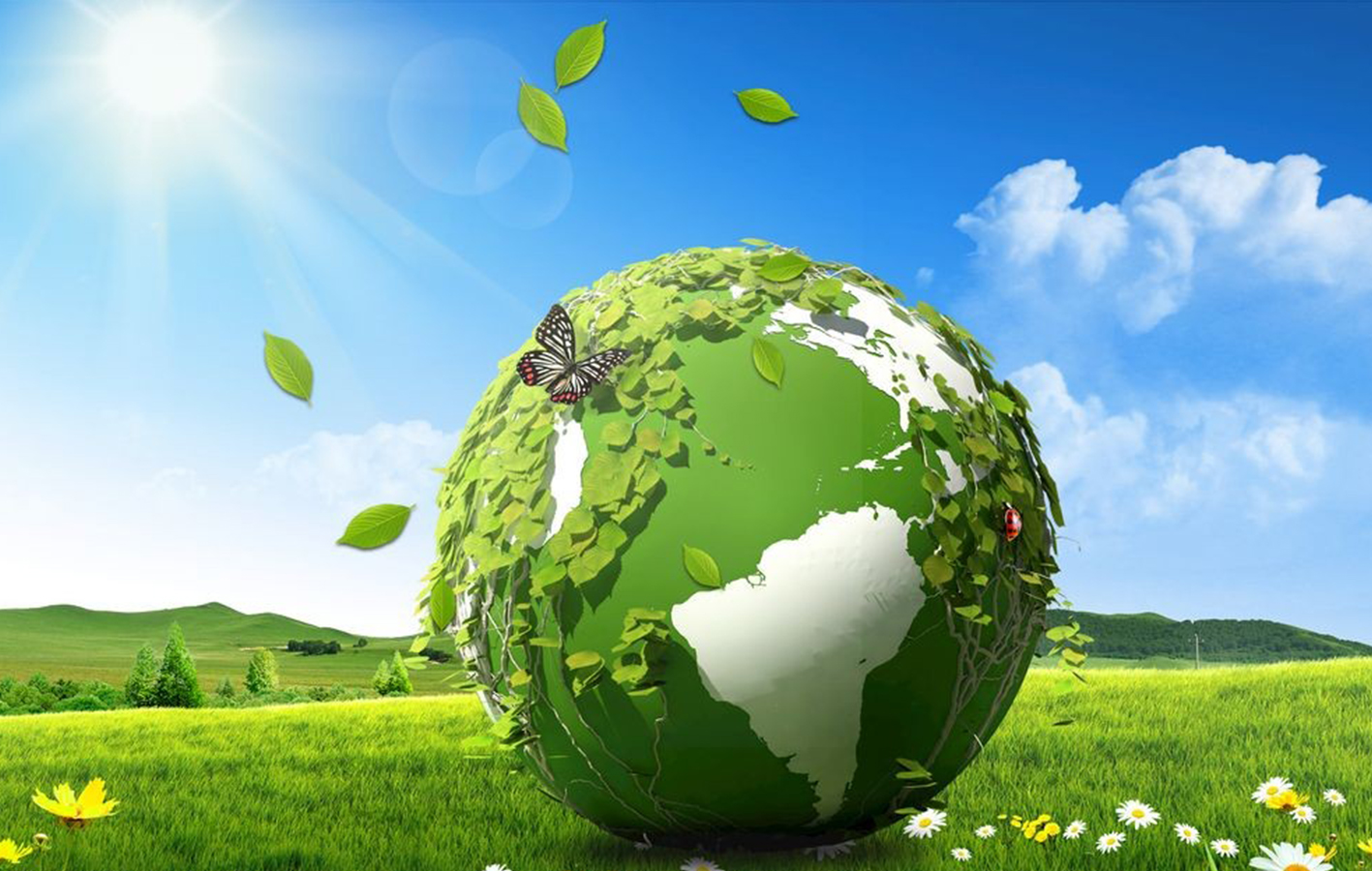In The Post-Epidemic Era, Sustainable Fashion Changes Are Imperative
In the post-epidemic era, new consumer demand is being formed, and the construction of a new consumption structure is accelerating. people are paying more and more attention to maintaining a healthy and strong body, and to the safety, comfort and environmental sustainability of the clothing itself. the epidemic has made people more aware of the fragility of human beings, and more and more consumers have more expectations for brands in terms of environmental protection and social responsibility. consumers are more willing to support the products they like and value, and they are also willing to understand the stories behind the products-how the product was born, what are the ingredients of the product, etc. these concepts will also further stimulate consumers and promote their buying behavior .
In recent years, sustainable fashion has become one of the main development trends that cannot be ignored in the global apparel industry. as the world’s second most polluting industry, the fashion industry is eagerly looking forward to joining the environmental protection camp, seeking development and transformation. a “green” storm is coming, and sustainable fashion is on the rise.
Adidas: announce the full use of recycled polyester fiber in 2024! reached a cooperation with the sustainable brand allbirds to explore the development of renewable materials;
Nike: on june 11, the sustainable footwear series space hippie was officially released using recycled materials;
Zara: before 2025, 100% of the products of all brands of the group including zara, pull&bear, massimo dutti will be made of sustainable fabrics;
H&M: by 2030, 100% of materials from renewable or other sustainable sources will be used;
Uniqlo: launches*** down jacket made of 100% recycled materials;
Gucci: launched a new series of gucci off the grid that focuses on environmental protection;
Chantelle: french underwear brand chantelle will launch***100% recyclable bra in 2021;
32 fashion giants around the world have established the sustainable fashion alliance. the g7 summit in august 2019 is a new start for the fashion industry. french president emmanuel macron invited 32 companies from the fashion and textile industries to elysée palace. the strong scale of the alliance is a milestone. members include companies and brands in the luxury, fashion, sports and lifestyle sectors, as well as suppliers and retail. quotient. the above-mentioned companies, brands, suppliers and retailers have formulated a set of common goals for themselves in the form of the “fashion industry environmental protection agreement”.
It can be seen that sustainable development will be the theme of the future, whether it is foreign or domestic, and sustainable development depends not only on the promotion of national policies, but also on you and me. new materials are precisely made by the textile industry in response to the development of the times. the cornerstone of change. it can be said that without the intervention of new materials, countries cannot promote sustainable economic development, brands have no products to implement environmental protection concepts, and consumers have no means to help new development.
